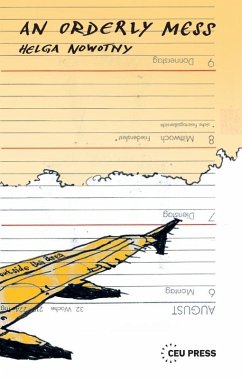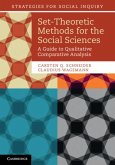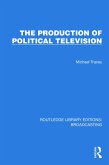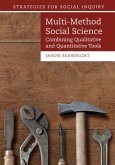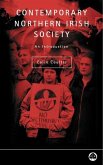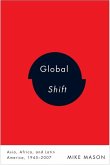This book was triggered by the recent geopolitical shifts and the turn towards an allegedly post-factual era. "e;An Orderly Mess"e; gives a timely diagnosis of the current dissolution of the modern order, while highlighting the opportunities of messiness. The essay focuses on the temporal and spatial dimensions in which messiness becomes apparent today: broken time lines and fragmented spaces. Messiness is framed by a blurring of the world orderings inherited from modernity. Against the backdrop of rapid digitalization, we may find ourselves again in a phase of transition toward new ways of world ordering. The focus on messiness reveals the different patterns of order and disorder that underpin the current process of transition. In the second half of the volume the author revisits her 1989 book on Eigenzeit, which explored how moderns experience time, or are exposed to it. A quarter century later she finds that the new inventions of technology have challenged the traditional meaning of time (and also of space) even more, increasing the non-simultaneity of human existence. Today, small devices channel into one's fingertips medial Eigenzeit: the time that one has to oneself in order to spend it with those who are absent. The past has shrunk and the present extends to the future: "e;there is no predetermined future, only a future that is as radically open as it is inherently uncertain."e;
Dieser Download kann aus rechtlichen Gründen nur mit Rechnungsadresse in A, B, BG, CY, CZ, D, DK, EW, E, FIN, F, GR, HR, H, IRL, I, LT, L, LR, M, NL, PL, P, R, S, SLO, SK ausgeliefert werden.

